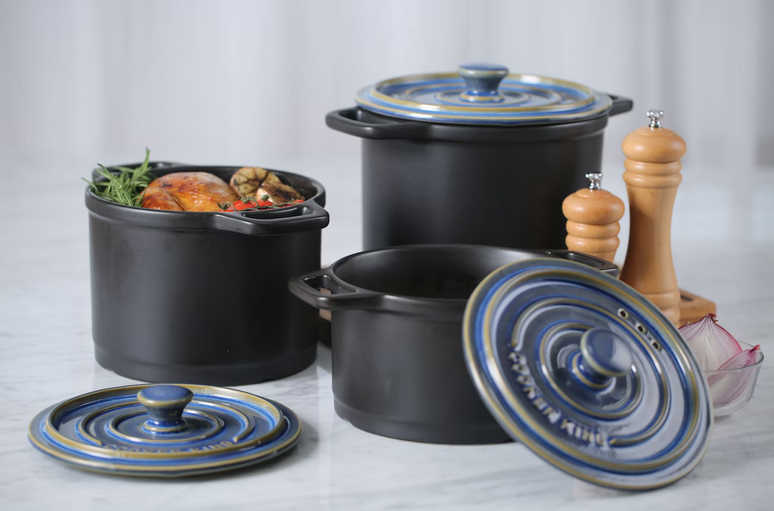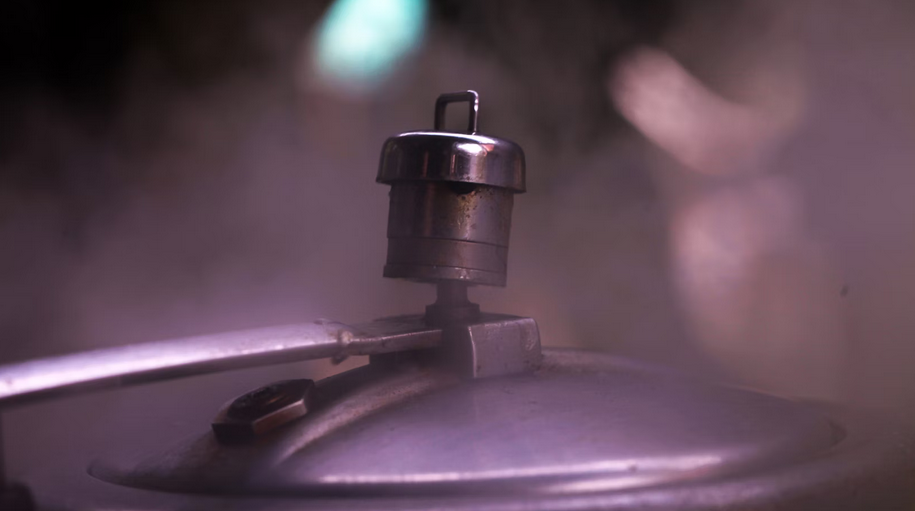Pressure cookers are generally quite safe to use at home. You need to follow all the usage instructions, and you won’t have anything to worry about. The modern ones, such as instapot pressure cookers, are designed with many safety features such that they cannot be considered a hazard in the home. Automatic release valves and backup valve, for example, ensures that any excess pressure is released safely. However, you still need to take some precautions to ensure that nothing will go wrong. Below are a few safety tips to keep in mind.
Do Not Compromise on Quality
Even though you can save some money by buying a low-quality pressure cooker or a second hand one, you should avoid doing so. This is because the standards of safety features for the low-quality pressure cookers may not above the minimum recommended. For the older models bought second hand, they may not even have the safety features that are there in the newer models.
Avoid Overfilling

Depending on the food item that you wish to prepare, the pressure cooker should not be filled to more than the two-thirds level. For the foods that swell up, such as beans, you should fill the pressure cooker to not more than half. This ensures that there is enough room for the food to expand without blocking any of the valves.
Watch out for Steam
A lot of steam may escape when opening a pressure cooker or adjusting its steam valve. If you are not careful, you may get burns from the steam. Always use pot holders that are dry when doing so to ensure that your hands are protected. You should face the lid away from you when opening the pressure cooker and keep your face as far away from it as possible. This is the case even after you have allowed the pressure in the pot to reduce for some time.

Do Not Use Cooking Oil
Using oil in a pressure cooker to fry food under pressure is quite dangerous. This is because it can melt some components of the pressure cooker or even result in an explosion. Oil heats up to higher temperatures compared to water, the reason as to why it is highly not recommended for use in a pressure cooker.
Inspect Before Use
A thorough physical inspection will allow you to identify any potential problem before it becomes a disaster. There should be no cracks in the lid, and the vent should be open. The handles should also not be loose as it can result in a disaster when moving the cooker while it is hot. The inspection should be done even if your pressure cooker is new.…

